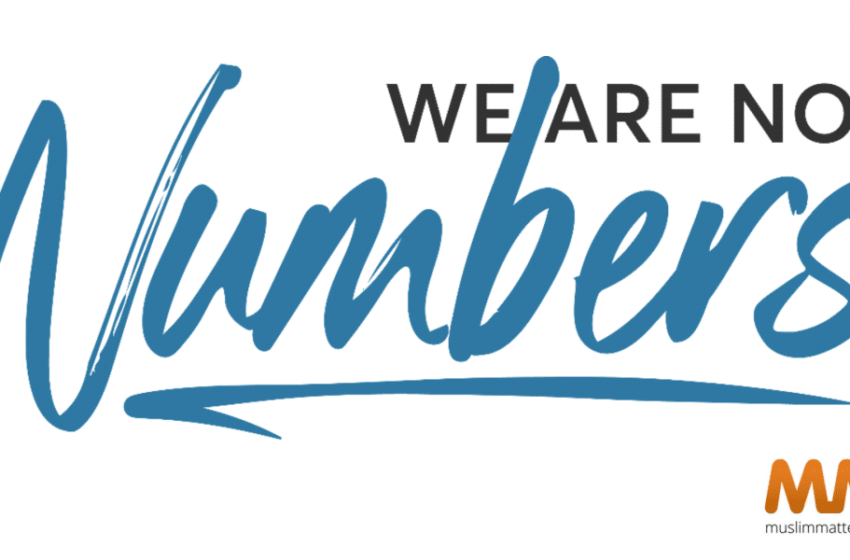
We Are Not Numbers x MuslimMatters
The Witnesses Of We Are Not Numbers
Introduction
by Ruth Nasrallah
Survivors of genocide have traditionally borne witness only after the atrocities end. In the case of the current tragedy in Gaza, witnesses are working in real-time. Because of the prevalence of journalists, photographers, and videographers on the ground using social media to livestream conditions there, millions can quite literally see the horror.
Keep supporting MuslimMatters for the sake of Allah
Alhamdulillah, we’re at over 850 supporters. Help us get to 900 supporters this month. All it takes is a small gift from a reader like you to keep us going, for just $2 / month.
The Prophet (SAW) has taught us the best of deeds are those that done consistently, even if they are small.
Click here to support MuslimMatters with a monthly donation of $2 per month. Set it and collect blessings from Allah (swt) for the khayr you’re supporting without thinking about it.
Whether you turn away from the worst of it – the images that are gruesome enough or provocative enough to merit a platform to blur them out – or you take every detail in, you can’t avoid the breathtaking violence, deprivation, and oppression.
Watching it happen on social media is traumatic and hard to absorb. It is a powerful motivator to action but arguably it’s only a first step into really understanding the depth of the calamity. There is a difference between a video and a written narrative. I would argue that the latter gives depth to our understanding of what we see happening in Gaza. And understanding the genocide from a more nuanced perspective guides us in our actions as well.
With that in mind, we introduce you to a group of young Palestinian writers who are distilling their experiences in real-time, in essays, in poetry, and in reporting. These are the writers of We Are Not Numbers, a youth-led Palestinian nonprofit project in Gaza. Writers accepted into a WANN cohort are paired with mentors who are professional journalists from around the world. The idea for WANN was conceived in 2014 by the American journalist Pam Bailey. In 2015, in collaboration with the Euro-Mediterranean Human Rights Monitor, it became a reality.
The WANN writers have always focused on their lives and perspectives as Palestinians, whether in Gaza or in the Palestinian diaspora. In the last five months, they have taken on the critical role of witnessing their homeland’s genocide. Through poetry, essays, personal accounts, and reflections, they tell the story of post-October 7 Gaza. In their writing, they have described the flour massacres, the images of people on the ground covered with blood clutching a bag of flour. They have shared the sweet, simple story of a birthday “cake” made from the ingredients of deprivation. They have reflected on the arc of adjusting life to accommodate the constant threat of death.
And, sadly, they have lamented their sorrow at losing their professor and mentor Dr. Refaat Alareer, who was killed in an Israeli airstrike in December.
I discovered We Are Not Numbers about six years ago and have been supporting them since. When I made my first donation, the incentive gift was my name in Arabic calligraphy. I was emailed a photo of “Ruth Nasrullah” written in Arabic on a sheet of paper held up against the backdrop of the Mediterranean Sea. I cherish that photo.
I encourage you to read the work of the We Are Not Numbers writers, to share their writing, and to support it. In doing so, you help ensure that the world knows what individual Gazans experience, what they have survived, and what they have lost. By sharing their work, you are a kind of witness too.



